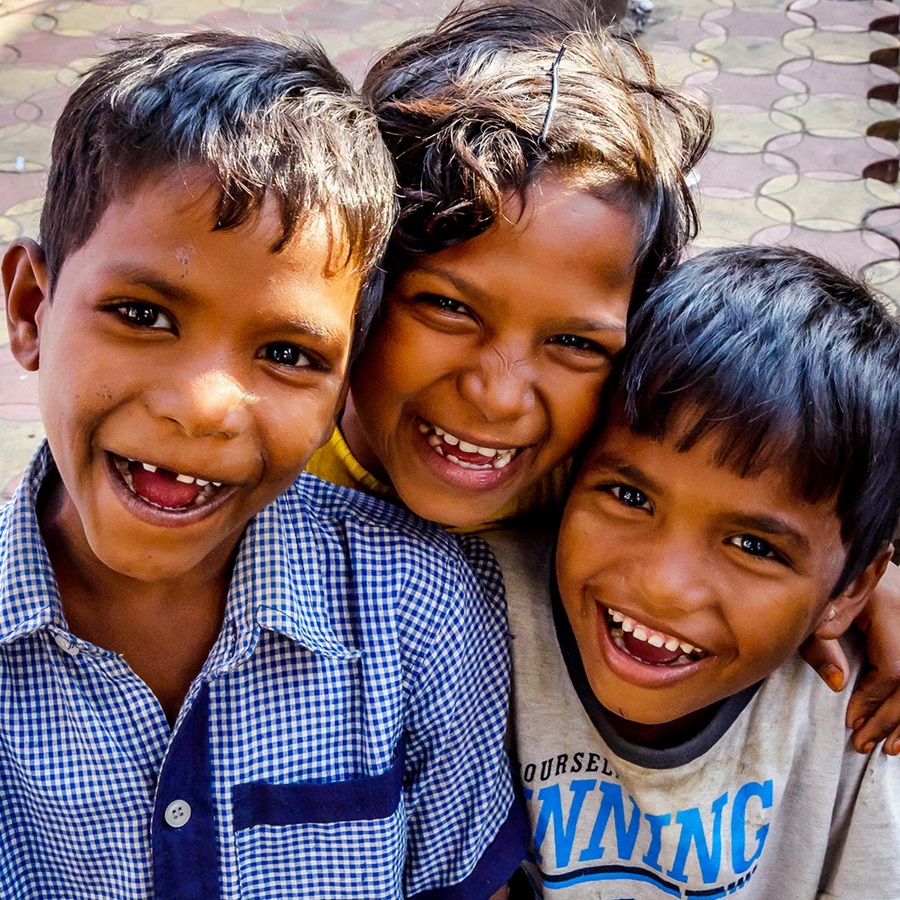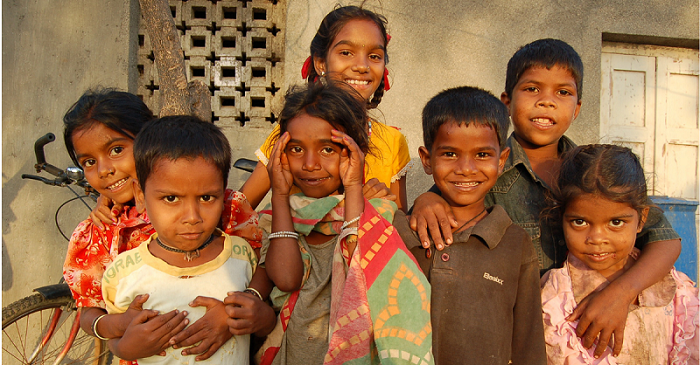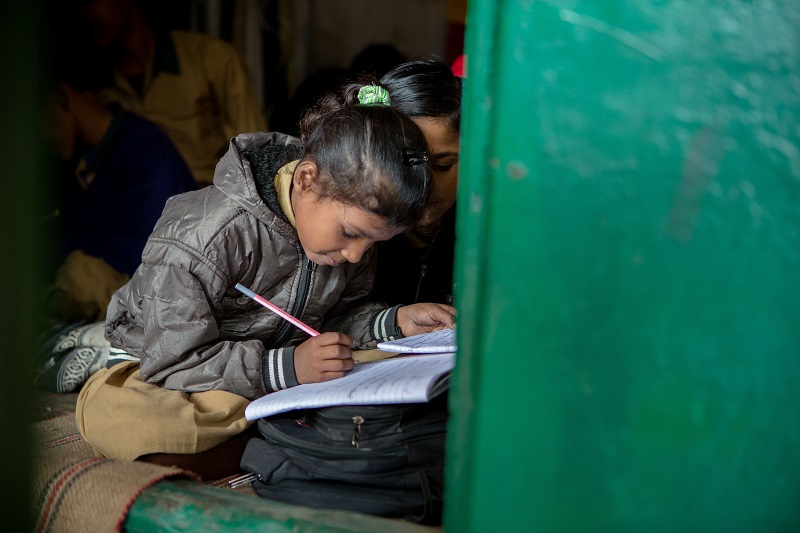
Child Rights: History, Facts & How to Protect Them?
Child rights recognize the fundamental human rights and protections that should be guaranteed to all children as vulnerable members of society. They....
Read MoreThe fundamental rights of children, enshrined in the Constitution and inspired by internationally accepted principles, ensure that the children of India grow up in a safe, nurturing, and empowering environment.

As we delve into these 10 rights of a child, we at CRY aim to shed light on their significance, the measures in place to uphold them, and how they shape a brighter future for the young minds of our nation.
Every child has the right to survival – a right to be born and cared for, irrespective of their gender or social background. This right underscores the importance of proper nutrition, healthcare, and a safe environment during the early years of life, allowing each child to thrive and fulfil their potential.

The right to education is a cornerstone of child development. It ensures that every Indian child has access to quality education, enabling them to explore their interests, acquire knowledge, and pave the way for a brighter future. This right is a powerful tool for breaking the cycle of poverty and ensuring a well-informed citizenry.
Child protection is a paramount concern. The Child Protection Act in India safeguards children from abuse and exploitation, ensuring their physical, emotional, and psychological well-being. By addressing issues such as child labour, trafficking, and causes of child marriage, this right creates a safer environment for all children to grow and thrive.
Children are not passive recipients; they are active participants in society. Every child deserves a platform to voice their opinions, ideas, and concerns. Encouraging their participation in decision-making processes fosters a sense of responsibility and citizenship from a young age.
Childhood is a period of rapid growth and development. This right emphasizes the importance of ensuring that every child has access to nutrition, healthcare, and opportunities that promote their physical, mental, and emotional well-being.
Good health is fundamental to a child's growth. This right encompasses proper healthcare, immunization, and sanitation facilities to prevent diseases and promote overall well-being among children.
Every child has the right to an identity, including a name and nationality. Birth registration is crucial not only for legal recognition but also for accessing essential services and entitlements.
Children are natural explorers and creators. This right encourages freedom of expression, allowing children to express their thoughts, ideas, and creativity without fear.
Discrimination based on gender, caste, religion, or any other factor has no place in a just society. This right ensures that every child is treated equally, regardless of their background, empowering them to reach their full potential.
The environment in which a child grows shapes their future. This right emphasizes the need for a clean, safe, and sustainable environment, ensuring that children inherit a planet that is conducive to their well-being.
As we conclude this exploration of the ten rights of the child in India, it becomes evident that these rights are not mere words but promises that we, as a society, must fulfil. By upholding these rights, we create an environment where every Indian child can dream, learn, play, and grow without fear or limitations.
At CRY, we have been relentlessly working in the spheres of
With our multidisciplinary approach and awareness and execution campaigns, we strive to offer children of today a safe, nurturing and sustainable environment to equip them for a better tomorrow.
Through the combined efforts of the government, NGOs, communities, and individuals, we can ensure that these rights are not just words on paper but guiding principles that shape a brighter future for our children. As we celebrate events like Girl Child Day in India, let us reaffirm our commitment to safeguarding and promoting the rights of all children.
There are 10 fundamental rights of a child in India - the right to survival, education, protection, participation, development, health and well-being, identity, expression, non-discrimination, and a safe environment. These basic rights of children cover various aspects of their growth, safety, and overall well-being, ensuring a nurturing environment for their holistic development.
What are the child rights acts in India?
India has a fairly comprehensive policy and legal framework addressing the rights and protection of children. Here are the list of child rights in India:
These acts aim to ensure the fundamental rights of children in India, including the right to life, survival, and development.
What are the 4 important child rights in India?
The four important child rights in India are as follows:
The right to education ensures access to quality education, enabling children to explore their interests and acquire knowledge. The right to protection safeguards children from abuse and exploitation, while the right to participation empowers children to voice their opinions and ideas. The right to development emphasizes access to nutrition, healthcare, and opportunities that promote physical, mental, and emotional well-being.